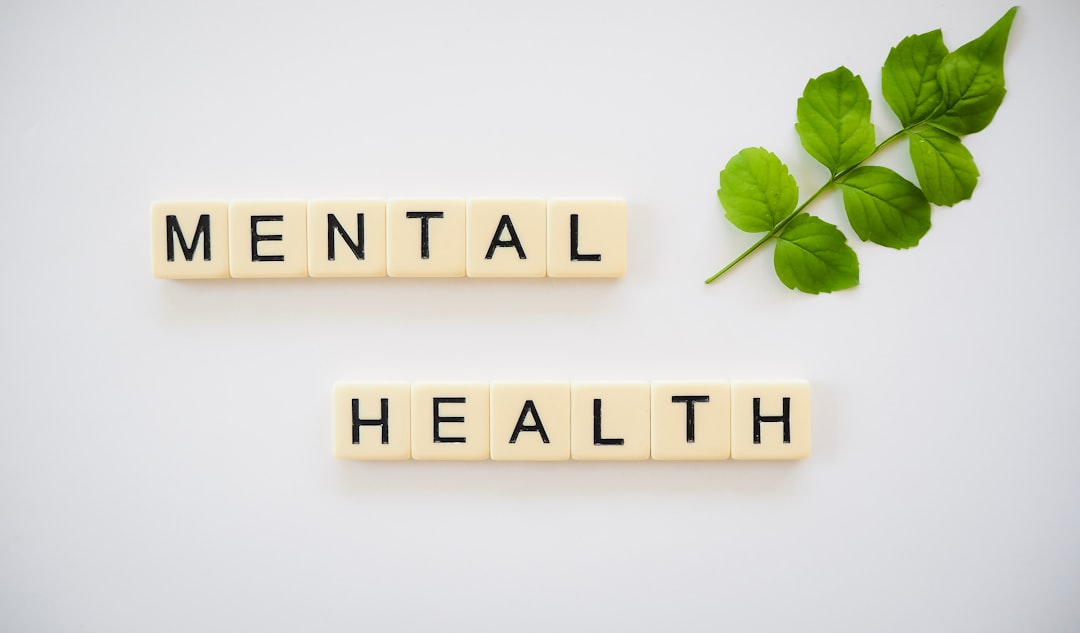After two years of living through a global pandemic, it’s understandable if your mental health has suffered a little recently. There are a lot of reasons why people could feel they need therapeutic treatment and there are just as many different types of therapy. Fortunately, therapy is becoming more accessible and the stigma associated with mental health treatment is beginning to fade. Still, people may be intimidated by the idea of attending therapy or unsure of what the result will be. If you want to learn more, read on to find out what to expect when you commit to therapy.
What can you expect when you commit to therapy?

If you want to see results from committing to therapy, it’s necessary that you invest time in finding the right therapist for you. Services like With Therapy can make connecting with a qualified therapist easier than ever. You can use their search tools to input some information about yourself and what you’re looking for in a therapist and they can provide a list of recommendations in your area. Anyone struggling with the search process should give With Therapy a chance and see what psychologists, psychiatrists, and other mental health professionals are practicing in their area.
Once you find a therapist, you will have to establish your goals for therapy. This means thinking about what you hope to achieve or work on. Some common goals include improving self-esteem, managing stress and anxiety, dealing with trauma or grief, and resolving relationship issues. Your therapist will work with you to develop a treatment plan that is tailored to your specific needs. The plan will likely include a combination of therapies, such as cognitive-behavioral therapy, dialectical behavior therapy, or exposure therapy.
It is essential to be consistent and stick with your therapeutic treatment even when you aren’t facing mental health challenges. When you start to feel better, it can be tempting to stop your therapy sessions, but it is crucial to continue in order to maintain your progress. If you stop therapy, you may find that your symptoms return. Additionally, you need to be honest with your therapist. If you are not feeling better, or if you are experiencing new or worsening symptoms, let your therapist know. They can adjust your treatment plan as needed.
What are some other forms of therapeutic treatment?

Nature therapy can provide a wealth of benefits for people of all ages and backgrounds. Nature can have a positive impact on mood and mental health, as well as overall physical health. Spending time in nature has been shown to lower cortisol levels, which can improve general wellbeing. Cortisol is a hormone that is released in response to physical or emotional stress. When cortisol levels are elevated, it can lead to a number of negative health effects, such as anxiety and a weakened immune system.
Equine therapy is a newer, alternative form of therapy that involves interacting with horses. This can be beneficial for people who struggle with anger, aggression, or self-esteem issues. Horse therapy has been shown to be an effective treatment for several mental health disorders, including anxiety, depression, addiction, and PTSD. Horses give people a chance to confront and process their emotions in a safe and supportive environment. Additionally, horses can allow people to improve their physical fitness and develop greater self-confidence.
Therapy can be beneficial for everyone, regardless of their age, sex, or personal history. Although therapy may seem intimidating at first, it can be an incredibly rewarding experience that can enable you to overcome some of life’s biggest challenges. There are many different types of therapy available, so it’s important to find the right kind for you. Therapy can be a great way to explore your thoughts and feelings, and it can also help you develop new skills and strategies for dealing with difficult situations. You just need to commit and stay consistent in your treatment so you can reap the benefits of therapy.





